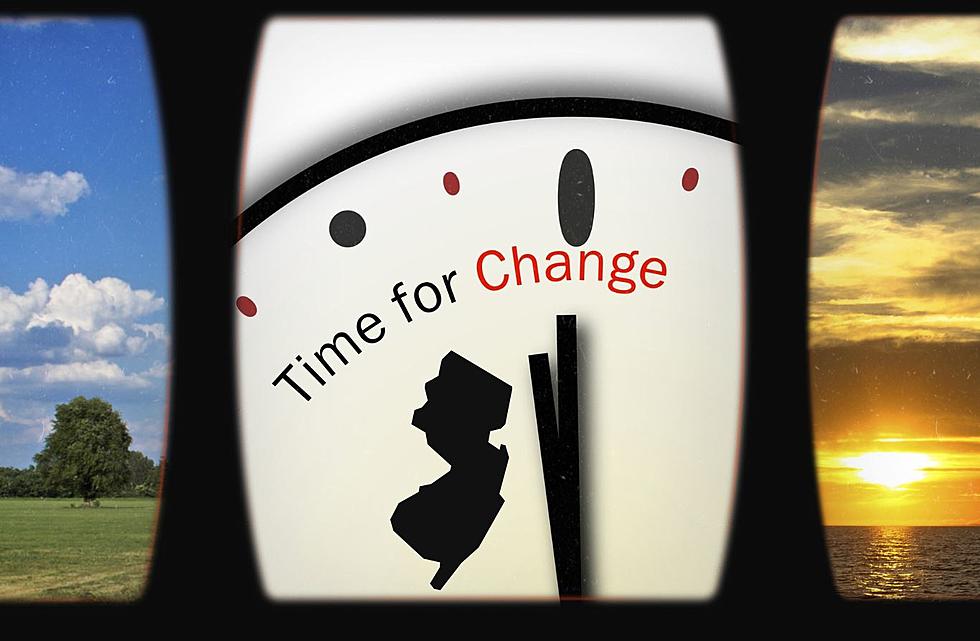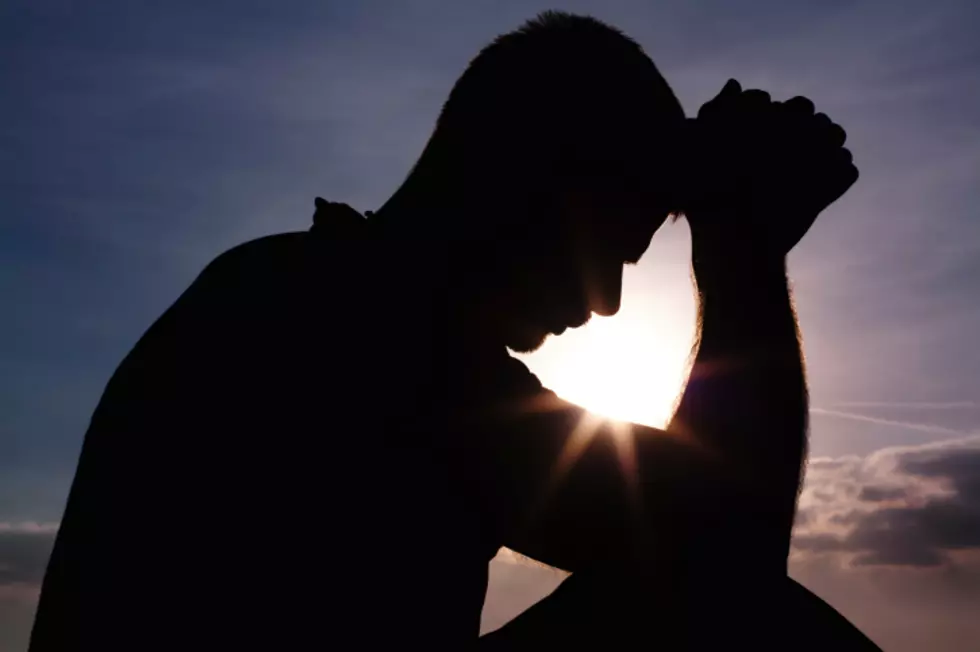
Feel SAD? Seasonal Affective Disorder Back in NJ as Clocks Change
In the last several years New Jerseyans have become more aware, and are reminded annually, of the oncoming symptoms of something called seasonal affective disorder, which is now in sharp focus with Daylight Saving Time set to end this Sunday.
Regardless of whether DST is eliminated through legislation someday, winter is indeed coming, and SAD is a diagnosable mental health disorder that is linked to a biochemical imbalance caused by lack of daylight hours, and which may require treatment.
Debra Wentz, president and CEO of the New Jersey Association of Mental Health and Addiction Agencies, said if there is one thing the COVID-19 pandemic has taught everyone, it's the importance of self-care.

And so this season, Wentz is urging New Jersey residents to examine their state of mind, and consult a mental health practitioner or their primary care physician to determine if they may have SAD, clinical depression, or some other medical issue entirely.
Wentz said the signs and symptoms of SAD can resemble those of clinical depression, but there are important distinctions to be made.
"One sort of telltale sign of seasonal affective disorder is an insatiable appetite for carbohydrates," she said, adding that "symptoms often dissipate as spring arrives, as daylight becomes more pronounced, longer days, and they may stay in remission through the summer months."
When someone suffers from seasonal affective disorder -- as Wentz said millions of Americans do, many severely -- they experience a shift in their Circadian rhythm and fall "out of step" with their daily routines.
Increased darkness can lead to elevated levels of the sleep-related hormone melatonin, which may explain increased fatigue, a decline in energy, difficulty performing necessary chores or even getting out of bed, or excessive sleeping or difficulty staying awake.
Other symptoms include declines in creativity or productivity, irritability, and social withdrawal.
How might one cope? Wentz suggests several solutions.
- Exposure to high-intensity artificial light for several hours a day, which has been shown to change brain chemistry
- Light therapy, which should be started now before SAD symptoms become obvious
- A "dawn simulator" that gradually turns on bedroom lights around summer wake-up times
- Cognitive behavioral therapy, which not only can help change thoughts or behaviors but can also prevent relapses in future years
- Exercising at least 30 minutes a day and/or eating a high-protein, low-carb diet.
Wentz also said some may choose to take a vacation or even relocate for a few months, if they can, to a place closer to the equator where days are longer.
This can be done after the first of the year after holiday festivities have ended, but Wentz points out that seasonal affective disorder may coincide with the "holiday blues" — when Thanksgiving, Christmas, and New Year's tend to bring more negative feelings than positive.
Which brings up a point. The misdiagnosis of seasonal affective disorder, especially if a self-diagnosis, works two ways.
"Too often, people may dismiss these feelings of depression and sadness as seasonal affective disorder when they actually may be actual clinical depression," Wentz said. "Take care of one's mental health and well-being through adequate sleep, exercise, eating properly, having meaningful people in your life."
For more information and resources, visit njamhaa.org.
How is it still standing? Look inside the oldest home for sale in NJ
How much does the average NJ home cost? Median prices by county
More From WPG Talk Radio 95.5 FM










